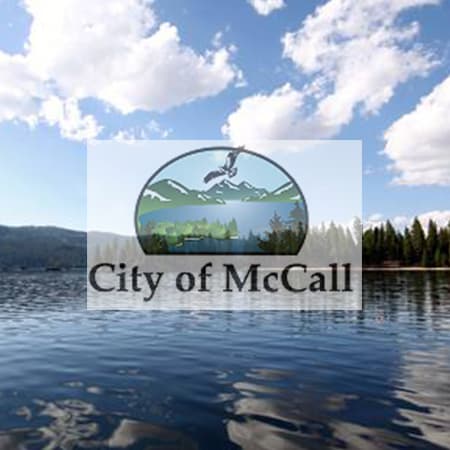


Ronald Reagan’s “there you go again” quip from his 1980 debate with Jimmy Carter was Reagan’s attempt to summarize the false notions put forth by Carter.
The current context is one in which a city attempts to seize an opportunity to raise taxes by pleading poverty. McCall, as a small resort town under Idaho statute, is seeking voter approval of a 1 percent local option general sales tax. The city websites states, “The city has critical infrastructure needs which cannot be reasonably addressed with available revenue.” There you go again!
The city website is vague on why the city has fallen behind on maintaining its infrastructure, but suggests that McCall is the victim of a boom and bust cycle. The problem now is that it is booming so naturally the demands of the boom prevent routine maintenance.
In many ways McCall represents a test case for what public entities do in America: It uses existing revenue streams until they are tapped out. Then they add new ones. Nearly a decade ago McCall added a 3 percent bed tax. If we go back and look at how McCall’s general fund and total spending has grown, it is easy to see why that barely made a dent.
McCall’s general fund spending for the last two years has increased at more than 10 percent per year and this excludes money spent on roads, sewers and other infrastructure. When you look at total spending, which includes infrastructure, the growth during the last couple of year exceeds 15 percent per year. Perhaps some of this is catch-up spending, but it hardly suggests a crisis as revenues have grown solidly too.
The city has added a $12,000 fitness incentive for police officers and continues to provide golf passes to municipal employees for the city-owned golf course. Granted these are small items, but they reflect what cities do when get money—they quickly find ways to spend it.
The longer term trend, going back to the era of the imposition of the bed tax, has been to grow total spending at more than 5 percent per year on a compounded basis. Had spending growth during this period been held to 3 to 4 percent, would a local sales tax be needed? Probably not.


